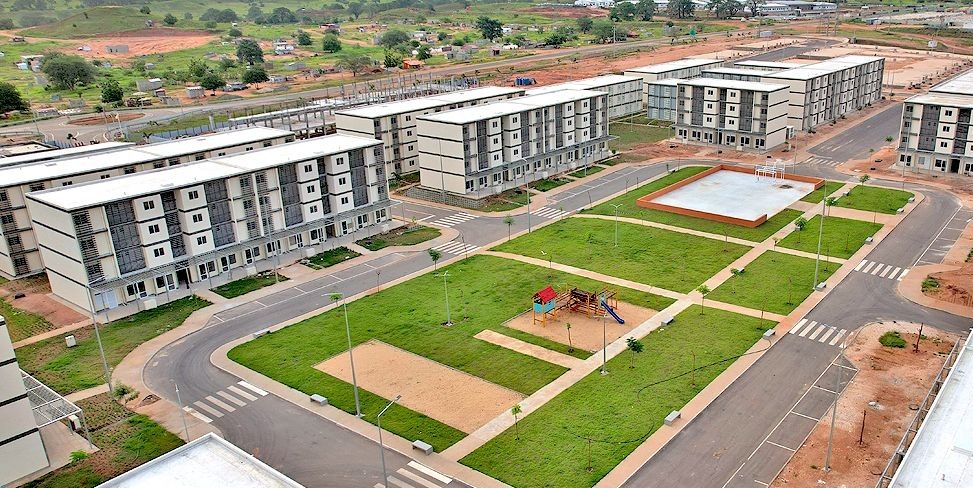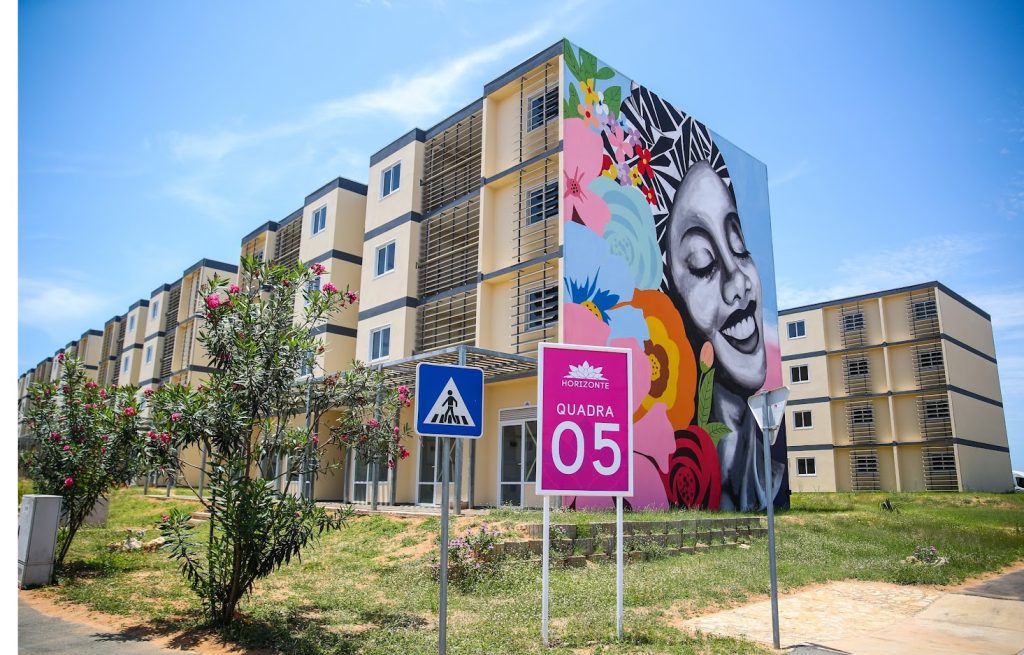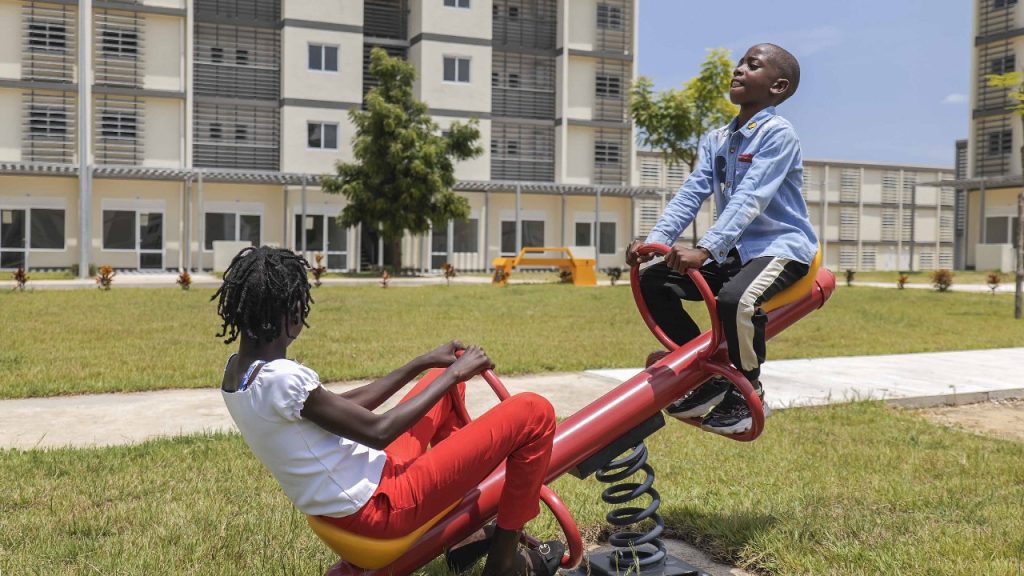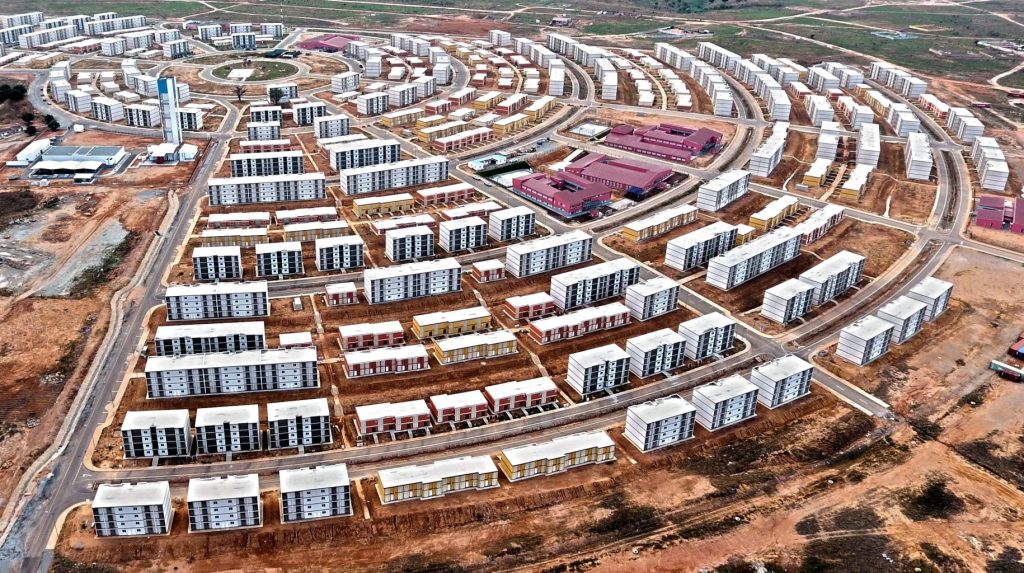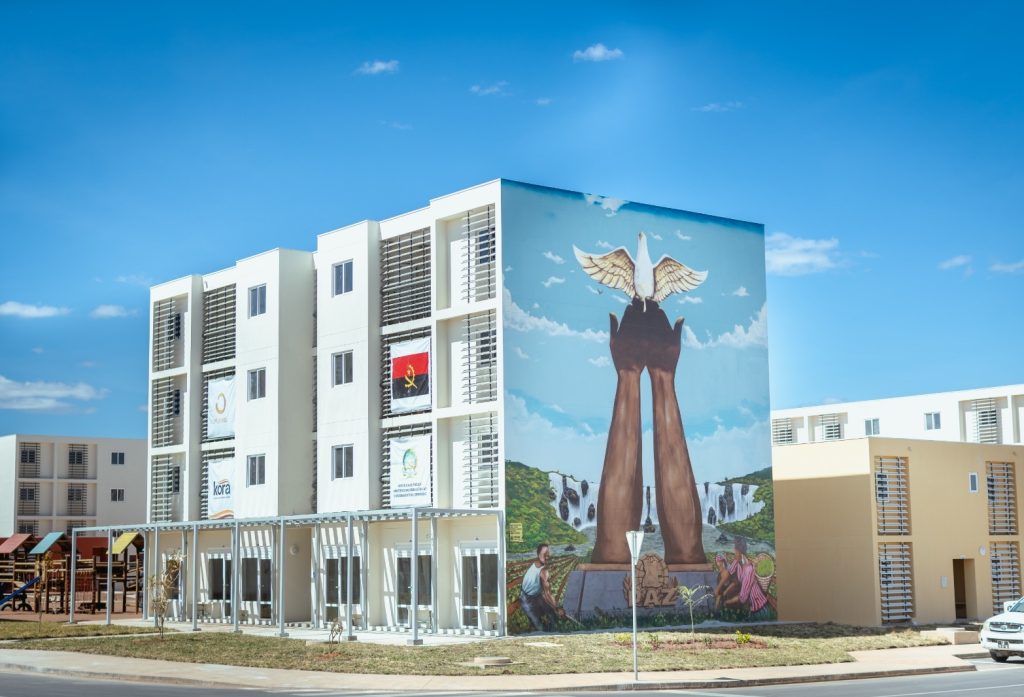The galloping growth of the world’s population represents an unavoidable challenge that requires governments, public and private entities and international organizations, a high capacity for the development of innovative solutions and an urgent response to meet pressing infrastructure needs in general, but particularly decent housing units.
The absence of decent housing to live in greatly compromises economic growth, social development and the future of present and future generations.
For this reason, housing issues are currently a crucial topic on the agendas of the main international forums, also considering the exponential increase in the rapid migration of populations from remote and rural areas to urban regions. In 1950, 30% of the population lived in urban areas. This proportion rose to 56% in 2020 and is expected to reach 68% by 2050, according to the UN. With more than half of the world’s population living in urban areas, we are witnessing an unprecedented phenomenon, which puts significant pressure on housing supply.
Africa remains the world’s second-most populous continent, with an estimated 1.46 billion people in 2023, and an annual growth rate of approximately 2.5%. The African population is expected to reach around 2.5 billion by 2050, driven by high fertility rates and an increase in life expectancy, which will lead the continent to play a central role in defining the size and distribution of the world’s population in the coming decades.
In Angola, population density and rapid urban concentration often exceed the capacity of the existing housing supply. With a population of about 36 million, the country has an annual growth rate of 3.3%, one of the highest in the world. Luanda, the capital, is among the fastest-growing cities in sub-Saharan Africa, with an urban population that exceeds 8 million people.
The national authorities have developed several programs to promote the construction of housing units to address the existing shortage. According to the data released, between 2008 and 2023, 28 urbanizations and social housing projects were completed, resulting in the provision of 350,000 residential units, with the aim of reducing the country’s housing deficit.
Mitrelli, through its urbanization sector, represented by the company Kora, has been a relevant partner of the Angolan Authorities in executing the State’s housing policy, with the implementation of large-scale housing projects, with emphasis on the construction of 13 centralities in country’s different provinces, which go far beyond mere accommodation spaces.
Kora designs and implements new urban communities equipped with all the facilities needed to create a harmonious and safe family environment, including water treatment and supply systems and electrical substations that provide drinking water and electricity 24 hours a day. With the inclusion of social facilities such as schools, police stations, health centers and sports courts, we ensure that the new residents have access to education, security, healthcare, recreational and leisure activities, which guarantee the population progress and a brighter future.
Despite the challenges presented, population growth is a factor that motivates the different actors in the sector to develop solutions and projects to increase the housing supply. The situation requires continued action by the government and investors to meet the growing demand of approximately 2.2 million homes by 2050. It is necessary to adopt policies that promote the massive, more agile and sustainable construction of more affordable housing units, and that also guarantee the efficient and rational use of energy and natural resources.
Through various measures such as amending and monitoring legislation compliance, implementing spatial planning instruments, promoting private financing and access to bank credit, introducing tax incentives and improving urban infrastructure, it is possible to boost effective and comprehensive housing solutions, adjusted to the needs of the mainly middle- and low-income population. In addition, the promotion of innovative construction technologies, such as the use of local, recyclable materials and modular construction techniques, make it possible to reduce costs without compromising quality standards, which contributes significantly to sustainability in the housing sector.
At the same time, the incentive for public-private partnerships enhances the mobilization of indispensable resources, through financing models, that allow planning and conceptualizing large-scale interventions, with a real impact. This type of partnership brings together the government, institutions, companies and communities to help solve the housing affordability crisis, based on the necessary subsidies by the State, with a social nature, considering the surrounding economic and social factors, with the aim of creating decent and long-term housing conditions for the most disadvantaged citizens.
At Mitrelli, we are aware of the challenges that populations face in terms of the need for housing and we are dedicated to fulfilling our commitments regarding the implementation of the housing projects under our responsibility. Today, this commitment is consolidated by the 17,292 homes that have already been delivered, within the various centralities, and by the equal number of families who have already received safe and dignified homes.
Our projects not only respond to specific local needs, but also strengthen the sense of belonging and social cohesion in urban areas through the social integration project funded by Kora. We believe that working directly with communities is critical to the success of urban development initiatives. In addition, communities can benefit from shared resources, such as infrastructure development or job offer initiatives, which are often included in these projects.
Mitrelli works continuously, together with the Angolan Authorities, in the search for innovative urban and housing solutions, in line with the executive’s priorities and policies, aiming to contribute significantly to the expansion and diversification of the sector.
World Population Day is an opportunity for us to reflect on the challenges and opportunities posed by the growing global population. It is essential to adopt robust, scalable urban policies that prioritize sustainable development and equitable access to housing. With sufficient resources, the implementation of appropriate legislation, the mobilization of the private financial and business sector, and the continued effort and commitment of all stakeholders, it is possible to significantly increase the outcome of the effort to provide affordable housing for all citizens and create more inclusive cities.
Article written by Henrique Costa, Kora General Manager, published in Economia & Mercado.

